The Drug Enforcement Administration, along with its law enforcement partners, has removed close to 745,000 pounds of unneeded prescriptions from medicine cabinets across the country as part of DEA’s ongoing commitment to turn the tide against the U.S. opioid epidemic.
Following last month’s 21st National Prescription Drug Take Back Day, the program has removed more than 15.2 million pounds of medication from circulation since its inception.
On October 23, with close to 5,000 collection sites nationwide, DEA and its more than 4,200 state and local law enforcement partners came together to help the public rid their homes of unneeded medications—those that are old, unwanted, or no longer needed—that too often become a gateway to addiction. These efforts align directly with DEA’s priority to combat the rise of overdoses plaguing the United States.
The Detroit Field Division collected and disposed of 69,579 pounds of prescription medication at collection sites throughout Michigan and Ohio.
According to a report published by the Substance Abuse and Mental Health Services Administration (SAMHSA), a majority of people who misused a prescription medication obtained the medicine from a family member or friend. The Centers for Disease Control and Prevention reported that last year, more than 93,000 people died of drug overdoses in the United States, marking the largest number of drugrelated deaths ever recorded in a year. Opioid related deaths accounted for 75 percent of all overdose deaths in 2020.
“On DEA’s National Prescription Drug Take Back Day, communities across America came together to rid medicine cabinets of unneeded medications, helping to prevent prescription drug misuse,” said DEA Administrator Anne Milgram. “Take Back Day is a critical effort to curb the historic surge in U.S. overdoses. We know prevention starts at home. The simple step of clearing out medications that are no longer needed makes our homes safer, prevents prescription drug misuse, and, ultimately, can help save lives.”
Local law enforcement, healthcare professionals and community groups continue to be outstanding partners in our drug take back efforts. One example was in Detroit where we partnered with volunteers from The Youth Connection and the Detroit Health Department behavioral health team and they prepared collection site boxes and helped organize Detroit police take back locations, which allowed our diversion team to focus on other tasks –– a huge win,” said Detroit Division Special Agent in Charge Keith Martin.
“During this past October Take Back Day, we had more than 500 collection sites in Michigan, Ohio and Northern Kentucky – among the highest totals in the nation. It’s collaborative efforts like these that will help us stem the tide of the opioid public health crisis.”
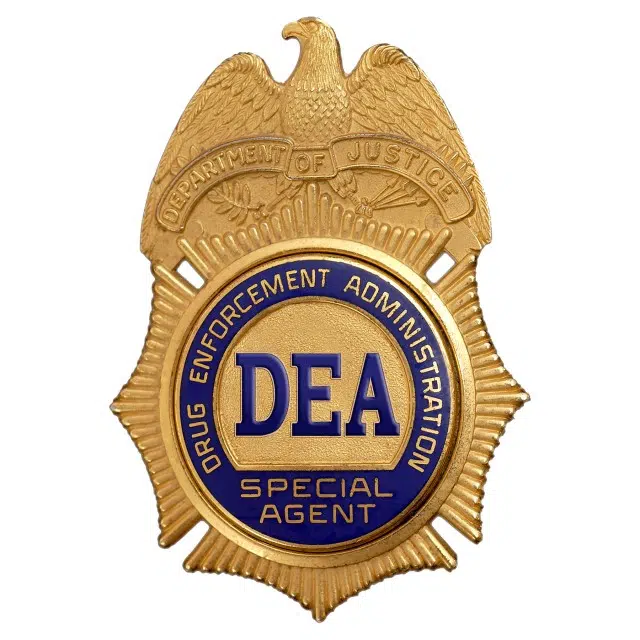






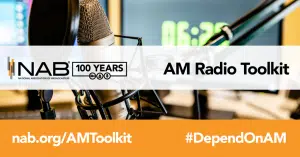





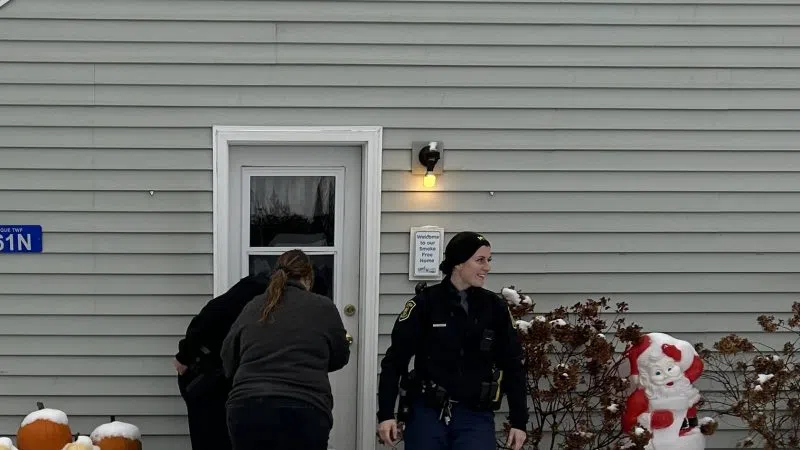
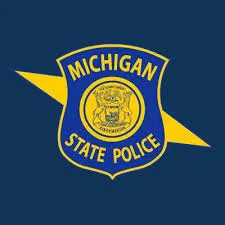

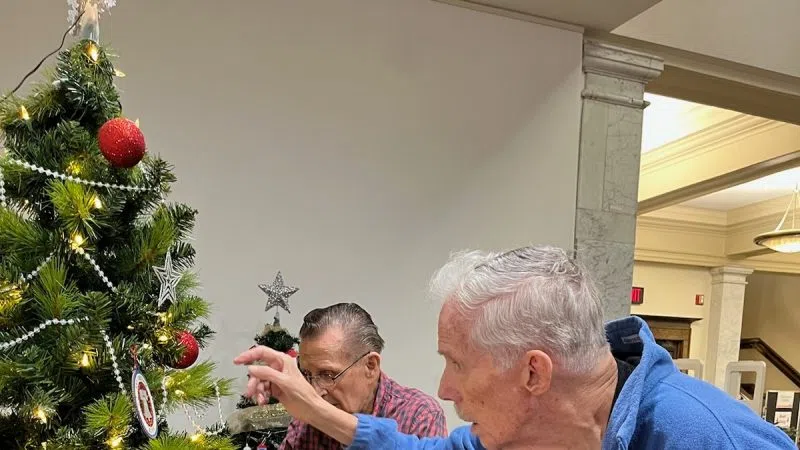


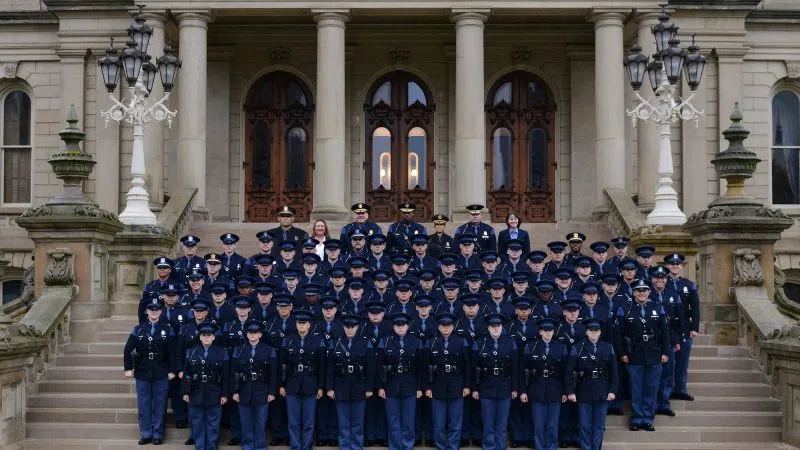




Comments